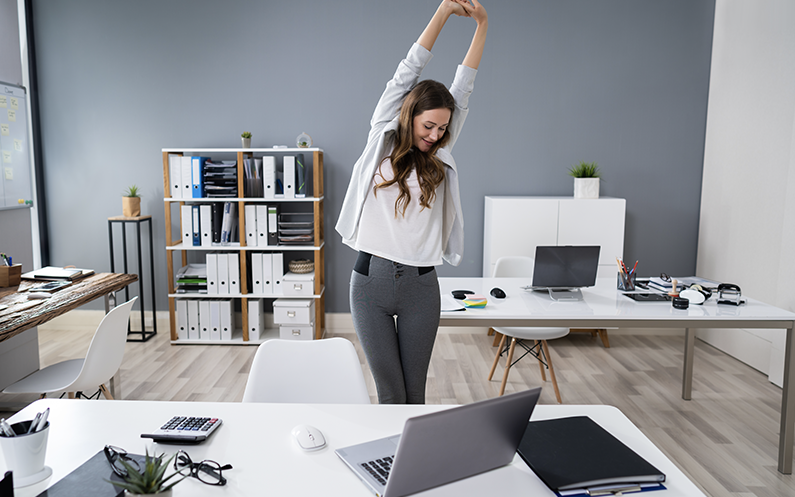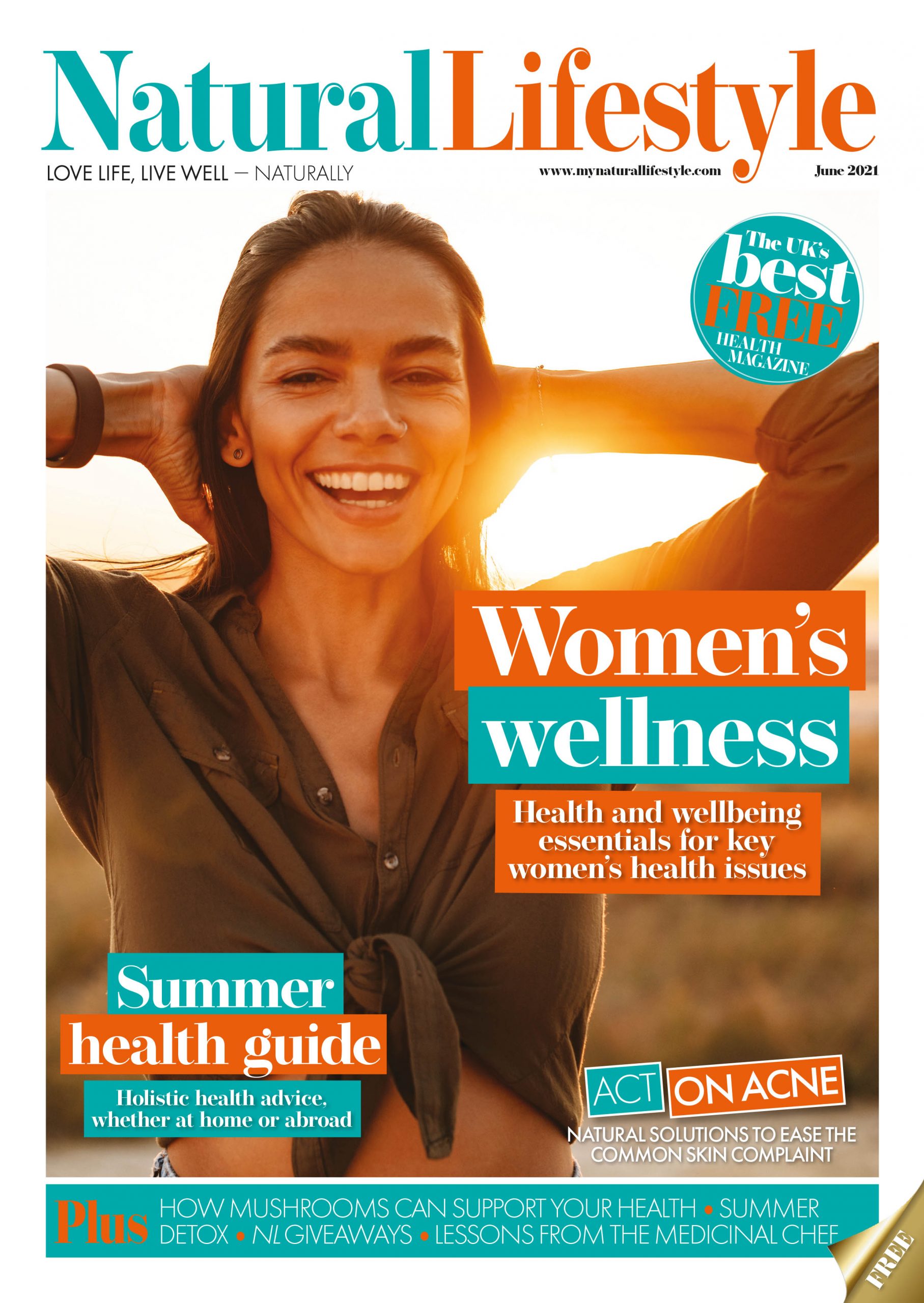With new research revealing our collective back pain has worsened since the start of the Covid-19 pandemic, it might be time to think about how you’re looking after yours.
According to the British Chiropractic Association (BCA), one in three 18-24-year olds have experienced back pain in lockdown, a higher percentage than those aged over 55. Furthermore, nearly three quarters of 18-24-year olds are spending more time sat down since lockdown started in March, with Brits overall sitting 11 hours a day. Exercise and getting outside each day are the hardest routines to stick to, with 42 per cent of Brits not finding time for these. But they’re the routines people want to most improve in 2021.
The survey, conducted with OnePoll and the BCA, investigated the lifestyle habits and routines of 10,000 people across the UK, to understand the biggest changes to the population’s physical wellbeing as a result of lockdown and the impact continued restrictions may have – the study looked at areas including exercise, sedentary habits, sleep quality and diet. Across all age groups, people have been more sedentary since March, on average spending 11 hours a day sat down. All age groups have found exercise the most challenging routine to stick to, and it’s the routine they want to most improve in 2021.
Catherine Quinn, President of the British Chiropractic Association, commented: “Lockdown has brought unprecedented changes to all our lives – this includes our general lifestyle and day-to-day routines. We were surprised to find that 18-24-year olds have been more impacted than other age group, particularly in areas such as frequency of back pain, exercise and sleep quality. Traditionally, back strain or injury most commonly occurs through wear and tear as we age, or injury. What this data suggests, however, is that there’s been a sharp rise in the prevalence of back pain amongst younger generations, as a result of changes to our physical activity in lockdown.
“If we consider why young people in particular are experiencing back pain, compared to other age groups, students and young professionals are most likely to live in rented or shared accommodation. They’re less likely to have a set study area to work from, so may not have an ideal set up to work from. Compared to over 55s, many of whom will be retired and have more flexibility in how they use their day, young professionals and students are more bound to a work or study schedule, which makes it more challenging to build in weekday activities like regular exercise. The good news is that simple changes can make a big difference – our research shows that 18-24 year olds are more motivated than any other group to look after their wellbeing, and exercise is the routine they most wanted to improve in 2021. My main piece of advice is start small and build up – it could be as simple as a 10-minute yoga routine in the morning or popping out for a 20-minute walk over lunch. The most important thing is creating a routine that works for you.”
Catherine’s top tips for better back health includes:
- Build a routine that’s realistic and works for your lifestyle. Incorporating movement into your day is so important, but many of us set unmanageable goals for exercise. When we don’t achieve these goals, which are far reaching to start with, this then impacts our motivation, making us less likely to create new positive habits for our wellbeing. It’s great to set longer term intentions, but start small, for example taking a 15-20-minute walk on your lunch break.
- Our bodies love variation, so try to mix up the position you work in – if you work at a desk or table, consider a laptop stand which will allow you work standing up. It’s also totally fine to get creative – I’ve used my kitchen counter and a chest of draws before as a DIY standing desk. Just make sure your screen is eye level.
- A great night’s sleep is a game changer – it’s all too easy to scroll through TikTok and Instagram reels from bed, and before you know it an hour’s gone. Try and protect the hour before you go to bed as your personal wind down time. My tips include avoiding blue light tech – most phones have a night-time mode, which changes the screen light and stops notifications coming through. I find reading a great way to nod off – apps like Calm have bedtime stories designed specifically to help you drift off, if you prefer to listen. Again, the main thing is about consistency and sticking to similar timings each night, so you train your brain for your new routine
With changing lockdown restrictions and generally poorer weather on the way, getting outside to exercise or going to the gym is harder. To look after your back health there are lots of easy exercises you can do at home. You can find some ideas at https://chiropractic-uk.co.uk/straighten-up-uk/


